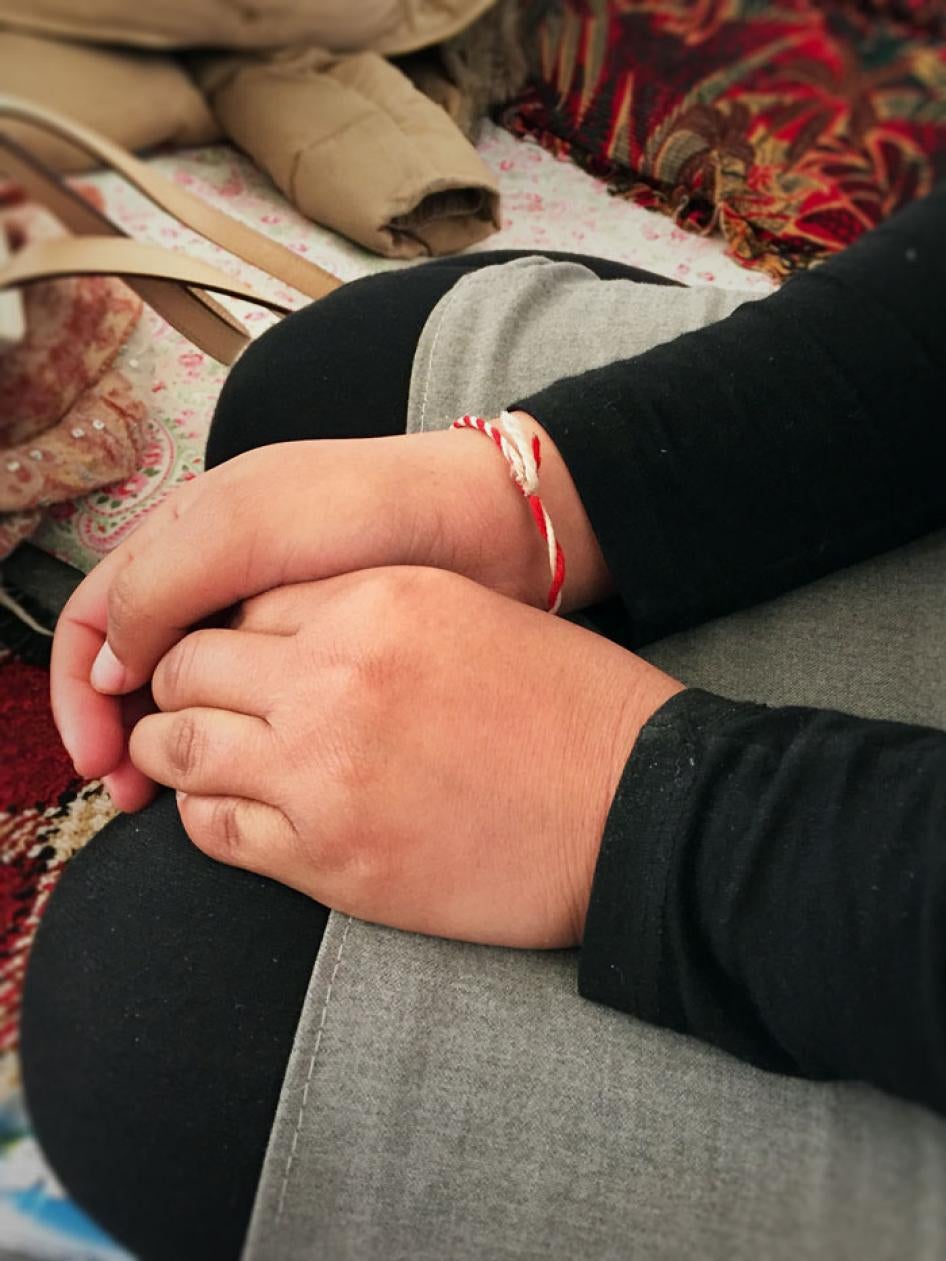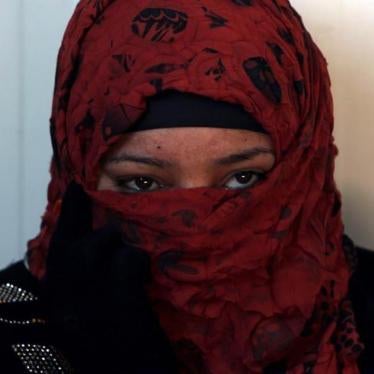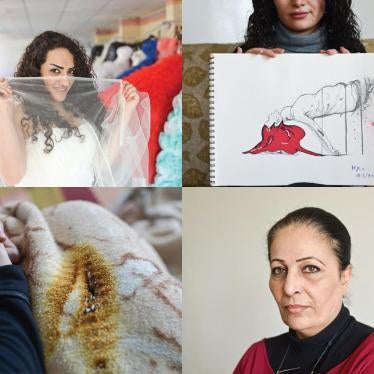Twenty months ago the Islamic State (ISIS) abducted thousands of Yezidi women and girls as the extremist group swept through their villages in northern Iraq in the middle of a terrible summer. Many were forced to become sex slaves for the group’s fighters. Hundreds remain enslaved and many of those who have escaped are still reliving the trauma and often not getting the help they desperately need.
The shocking reports of recurring ISIS atrocities and its destruction of precious monuments to a cradle of civilization remain in the news. But little has been reported about what has happened to these women in the almost two years since their abduction. Earlier this year, I went to the camps in Iraqi Kurdistan, where many Yezidis forced out of their villages have taken refuge, to talk to women who had escaped. I understood more about why we might not want to think about what’s still happening. Their stories were almost unbearable.
I spoke with seven women who had escaped ISIS after more than a year in captivity. They told me how they had been bought and sold multiple times, raped by different “owners,” locked in rooms for months, beaten and had their children taken away.
“Ramia,” whose name I’ve changed to protect her privacy, is 39 but looked older. She spoke quietly as she urged me to drink several glasses of tea. She escaped ISIS in January. The first time ISIS sold her with two of her children was in a slave market in Syria in 2014. “They were making us walk around to show us … when they wanted one of us they shouted out ‘I want that one!’ and banged on the table,” she said. She was sold on three more times. All her “owners” raped her, she said.
I asked Ramia what sort of support she had to deal with her profound trauma. She told me she doesn’t know what to do about how she feels, that mostly she worries about her 15-year-old daughter and three sons whom she has not seen since ISIS separated them from her. She wonders if they are still alive. One ISIS owner forced her, and her two youngest children, who were still with her, to convert to Islam. Her daughter began to reject her, Ramia told me. “She would say, ‘You cannot hold me unless you pray.’” Now after their escape, Ramia said, the children remain traumatized. They refuse to get into a car, afraid it will take them back to captivity. After the interview, my translator burst into tears between the lines of white tents in the displaced people’s camp where Ramia lives.
How many? The UN thinks ISIS still holds as many as 3,500 abducted people, mostly Yezidi women and children. Yezidi officials told me they have counted some 1,500 women and girls who have escaped but think almost 2,000 women and girls are still in captivity.
What now? The Kurdish Regional Government in northern Iraq has provided health including some mental health services but is operating under serious budgetary constraints. A well-coordinated effort to ensure the women and girls get the trauma help they need is important and needs more international support. I spoke with 15 escapees who all reported symptoms like nightmares, anxiety, depression but only one was getting regular support. Stigma, confusion about services, money and a lack of outreach were barriers to many.
Incredibly, Yezidi women who have been raped by ISIS fighters and become pregnant cannot get a safe and legal abortion anywhere in Iraq. Iraqi and Kurdish laws should be changed to allow abortions, at least in the case of rape, and safe post-abortion care.
Another priority is to ensure justice for the victims by holding perpetrators accountable. The U.S. and others supporting the Iraqi government financially and militarily should press Iraq to incorporate war crimes, crimes against humanity and genocide into its domestic law. Authorities in the Kurdish region are trying to collect evidence of ISIS crimes under extremely difficult circumstances.
The U.S. also should press Iraq to become a member of the International Criminal Court so that the court’s prosecutor can investigate individuals implicated in serious crimes on all sides of the Iraqi conflict, including ISIS.
ISIS uses shock and horror to get the world’s attention. The world should respond not just with anger, but by helping women like Ramia, and her children, to get safe care, rehabilitation and justice.








